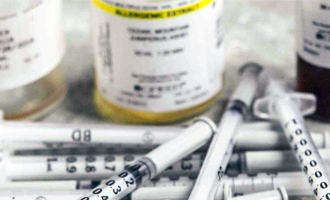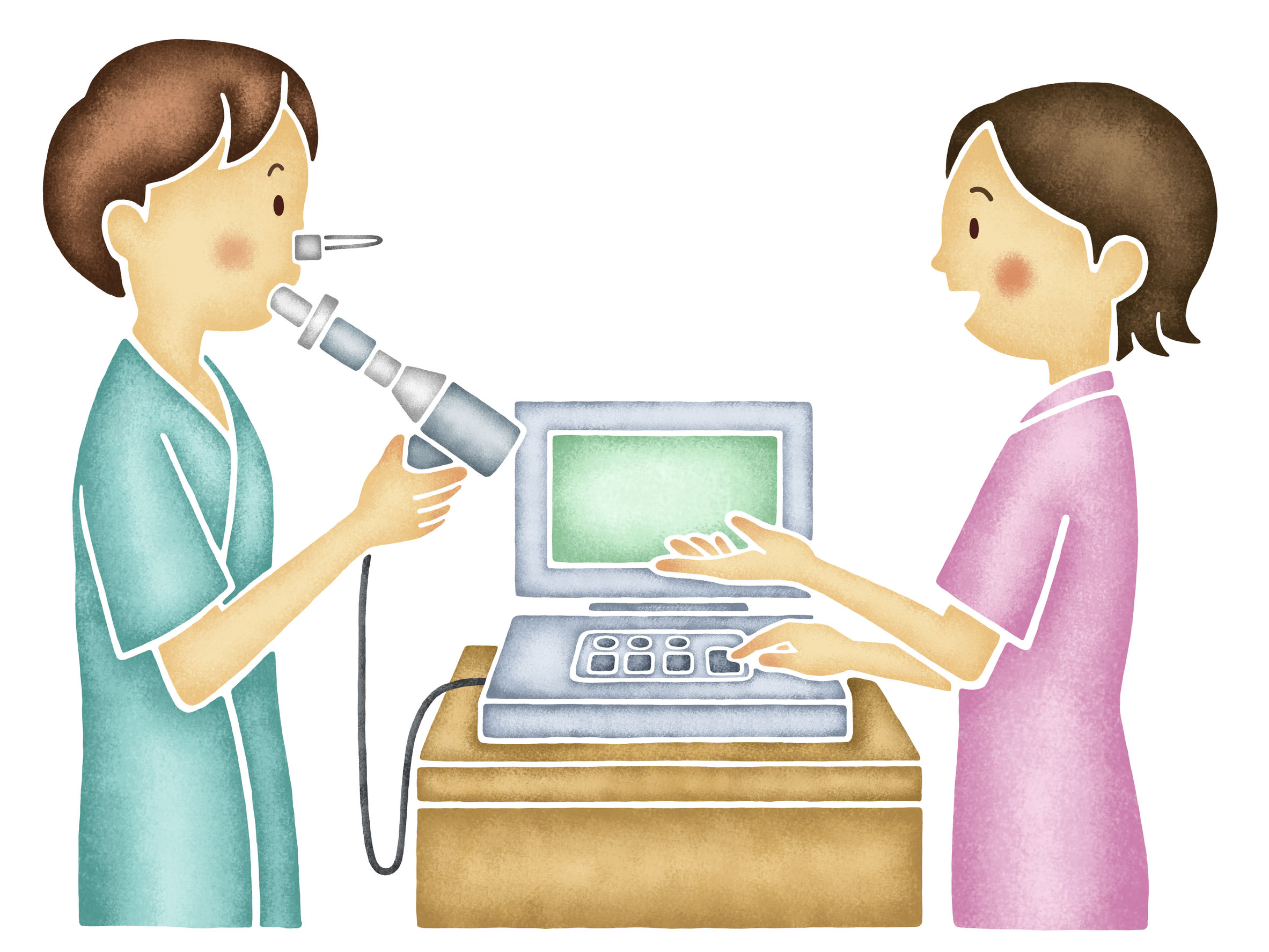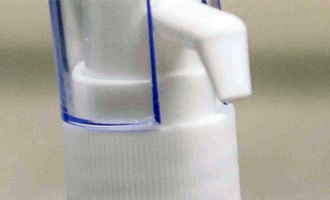Purpose
The purpose of allergen immunotherapy (allergy injections/shots) is to decrease your sensitivity to allergy-causing substances (allergens), so that exposure to the offending allergen (pollen, mold, mites, animal danders, stinging insects, etc.) will result in fewer and less severe symptoms. This does not mean that immunotherapy is a substitute for avoidance of known allergens or for the use of allergy medications, but rather is a supplement to those treatment measures.
Allergy injections have been shown to lead to an alteration of your immune system’s response to naturally occurring allergens. This permits you to tolerate exposure to the allergen with fewer symptoms. You, in effect, become tolerant or “immune” to the allergen!
Indications
To qualify for immunotherapy, there must be documented allergy (a positive allergy skin test or blood test) to substances in the environment that cannot be avoided. In addition, problems such as hayfever or asthma should occur upon exposure to the suspected allergen.
Efficacy
Improvement in your symptoms will not be immediate. It usually requires 3 to 6 months before relief of allergy symptoms begins and 12-18 months for full benefits to be evident. About 85-90% of allergic patients on immunotherapy note significant improvement of their symptoms. This means that symptoms are reduced, though not usually completely eliminated.
Procedure
Allergy injections are usually begun at a very low dose. This dosage is gradually increased on a regular basis until a therapeutic dose (often called the “maintenance dose”) is reached. The maintenance dose will differ from person to person. Injections are typically given one to three times per week while the vaccine dose is being increased. This frequency reduces the chances of a reaction and permits the maintenance dose to be reached within a reasonable amount of time (usually by 6 months, unless you do a more rapid escalation called Cluster Immunotherapy). Once maintenance is reach, most people get their injection every 3-4 weeks.
Duration of Treatment
Most immunotherapy patients continue treatment for 4-5 years, after which the need for continuation is reassessed. Immunotherapy should not be started if you anticipate that regular injections cannot be maintained. If you miss your injections frequently there may be an increased risk of reaction. However, studies and our experience indicate that you will see a sustained benefit for 7-10 years after completing immunotherapy!
Adverse Reactions
In order of increasing severity, the following explains the nature of these potential reactions, which your doctor will address more in-depth.
- LOCAL REACTIONS:
- Local reactions, which may occur immediately or several hours after the injection, are common and are usually restricted to a small area around the site of the injection. These reactions are more likely to occur as you reach the higher concentrations. You should notify the injection nurse if your local reaction exceeds two inches in diameter or lasts until the following day.
- GENERALIZED REACTIONS:
- Generalized reactions occur rarely, but are the most important because of the potential danger of progression to collapse and death if not treated. If you experience any of these, notify your nurse immediately. These reactions may include:
- Hives (Urticaria) and swelling (Angioedema).
- Acute asthma with chest tightness, wheezing, cough and shortness of breath may occur, especially in patients with a history of asthma. Asthma can worsen rapidly and requires immediate medical attention.
- Anaphylaxis is the rarest complication, but is a serious event characterized by any combination of hives, throat swelling, acute asthma, vascular collapse (low blood pressure), unconsciousness and potentially death. This reaction usually occurs within minutes of the injection and that is why we insist you wait in your office for 30 minutes after each injection so that we may treat you rapidly and appropriately should you have a reaction.
- Generalized reactions occur rarely, but are the most important because of the potential danger of progression to collapse and death if not treated. If you experience any of these, notify your nurse immediately. These reactions may include:



